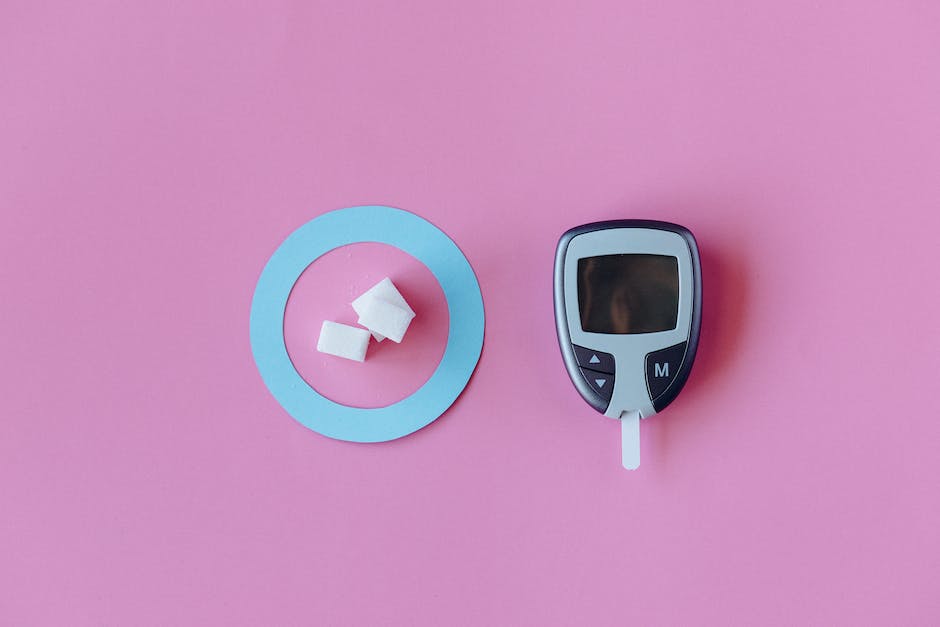There are several factors that can contribute to eating disorders, including genetics, early experiences with food, stress, life events, relationship issues, and poor body image.
All of these things influence how you feel about yourself and your body, which in turn effects what and how much you eat.
There is some controversy as to whether media exposure or advertising play a significant role in creating hungry people with body image problems. However, research does suggest that repeated exposures to images and messages depicting thin, beautiful people may subconsciously add to the stigma surrounding normal weight bodies.
It also seems clear that experiencing sexual trauma as a child can result in later eating disorder symptoms. These behaviors usually begin in childhood and adolescence when gender identity development occurs, sometimes leading to cross-gender acting out and/or self-harm.
Certain physical conditions like hypothyroidism and adrenal dysfunction can cause weight gain, so they should be investigated for possible connection to an eating disorder.
Lack of self-care
When you lack proper time to take care of yourself, your mental health can suffer greatly. You may spend most of your day working or spending time with others instead of being productive at home, which can contribute to feelings of loneliness or disconnection.
If you notice that your eating habits are not stable, make an appointment with your doctor or nurse to check your weight. It’s also important to talk about how you feel with someone you trust, so if you ever do encounter weight issues, try talking it out with people around you.
You may want to consider seeking help for your emotional well-being. There are many ways to improve your overall mood, and nutrition is a key part of this. Nutritionists have formal education in food science and health, as well as expertise in nutritional therapy, so they can help you find what works for you.
Low body image

There are many things that can contribute to eating disorders, one of which is low self-image or body image. This may be due to internalized messages about your shape or size, as well as external factors such as culture teaching us about the “beautiful” shape of our bodies.
Research shows that teens who have an average shaped body may struggle with their weight more than those who do not. It also finds that overweight children are more likely to develop eating disorders later in life.
Externalizing blame for your poor body image by putting the focus on something outside yourself will help you deal with your body anxiety. For example, if you feel bad because of what you think of your own looks, then try to think about how much people admire your other qualities.
Alternatively, you could talk to someone you trust about how you feel – even if they don’t agree, at least you’ll be able to address this with another person.
Feeling too fat

We are constantly exposed to diet messages, media representations, and comments about our looks that can make us feel very uncomfortable or even stressed out about our shape.
Feeling overweight is a totally normal feeling for most people. Weight fluctuates, and it takes a while to know what influences your weight.
However, when you feel like your size doesn’t match up with how others describe you, or you feel anxious or depressed about your body, this may be an early sign of eating disorder.
It’s important to remember that not every person who has an eating disorder was born with it. Many develop their habits during adolescence, which can include pre-occupation with food, meal timing, and compulsive overnutrition or undernutrition.
Certain personality traits, such as perfectionism or social anxiety, also play a big part in whether someone develops an eating disorder.
Feeling too thin

A lot of people feel stressed out, busy, or not enough about themselves and their lives when they look in the mirror. This can sometimes contribute to feelings of anxiety or worry, which often turn into fear of how you look.
Many adolescents develop eating disorders during this stage of life as they struggle with body image.
They may believe that they are too fat, so they eat more to try and lose weight. Or, they may strive for what “kind” of person they think they should be having trouble meeting their own standards of that person.
Either way, these thoughts eventually lead to them trying to control how much food they have, what kind they like, and even whether or not they want to eat at all.
It is very important to understand that dieting will only make your eating disorder worse! You must learn to accept yourself just the way you are before trying to change something about yourself.
Bad eating habits

A lot of people develop eating disorders because they have poor body image or worry about their weight too much. This can make them try to control how much food they eat, which is sometimes described as “dieting”.
Some people also suffer from selective appetite, where they will only eat certain foods. This is called taste aversion.
Bad role models are another cause – someone who looks like they do not care about diet may give you tips or lessons on how to feel bad about yourself by eating poorly.
Lastly, stress can contribute to eating disorders. If your life gets very difficult, you might find it harder to cope with all the emotions that go along with this.
All these reasons combine together to create an environment where someone with anorexia feels stressed out, frustrated or angry. These feelings can be so strong that they influence what kind of food she/he wants to put in her/his mouth.
It becomes more important than ever to understand why eating disorders occur and what you can do to help.
Excessive exercise

When someone with an eating disorder exercises too much, it can sometimes trigger symptoms of the disease. This is called exercise bulimia or binge exercising.
People who suffer from this type of eating disorder will often eat very little while they are working out. But once they’ve finished their workout, which usually takes around two to three hours, they’ll then overeat.
This cycle can go on for several days until the person feels full and satiated. Sometimes people with exercise bulimia will even take breaks during the workouts so that they don’t have to eat as much.
Experts believe that feeling hungry while you’re working out can make you feel uncomfortable and self-conscious. This can promote more frequent binges.
Drinking lots of water can also help balance blood glucose levels, which can reduce feelings of hunger.
Repetition of eating

A lot of people develop eating disorders because they are hungry or need to eat constantly. This can be due to having special needs like an illness that requires constant medical attention, or just because you enjoy food and want to eat it frequently.
It is important to recognize that your body does not set in stone how it should process food. Different bodies have different hormones that regulate hunger and fullness.
Some people may find that they are always hungry and need to eat more than other people their own size, but this is totally normal! It doesn’t mean that you have an eating disorder.
If you know anyone who has an eating disorder, try to understand what might be causing the problem. Is it health related (for example, someone with cancer who feels overly stressed about feeding themself) or mental (like someone who worries about being able to afford food)?
Everyone handles stress differently, so talking things out could help. Also see if there are any resources available for nutritional counseling or weight loss services near you.
Mood disorders

Another major risk factor for developing an eating disorder is having a psychiatric diagnosis. People with mood or anxiety disorders are up to three times more likely to develop an eating disorder than individuals without such diagnoses.
Research has shown that people who suffer from binge-eating disorder also have higher rates of other mental health conditions, including depression, bipolar disease, and alcohol use problems.
Symptoms of these conditions can sometimes look like those seen in someone with bulimia nervosa, so it’s easy to confuse them as one condition or another. This may be what’s helping you feel better at the moment, but it can make your overall situation get much worse.
If you think you might have an eating disorder, see your doctor for help. You don’t need to struggle alone. — Maybelline New York, ambassador of The National Association To End Eating Disorders (NAME)
Disclaimer: The content in this article should not be used as medical advice for yourself or others. For any serious illness, there are appropriate ways to handle stress and anger. Avoid addictions such as smoking and drinking before seeking help for your emotional issues.
Reading this article may raise questions for you about whether you or someone you know could possibly have an eating disorder. An important thing to remember is that anyone can develop an eating problem at any time, even if you do not currently experience symptoms.
It is never too late to ask for help.


